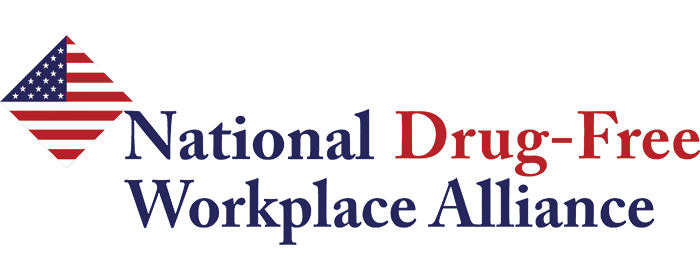It's an employer's responsibility to create a safe and supportive environment for employees. By staying informed about the opioid crisis and implementing preventive measures, we can contribute to a healthier and more resilient workforce.
Read more
Navigating the Opioid Crisis: A Critical Message for Small Business Owners










